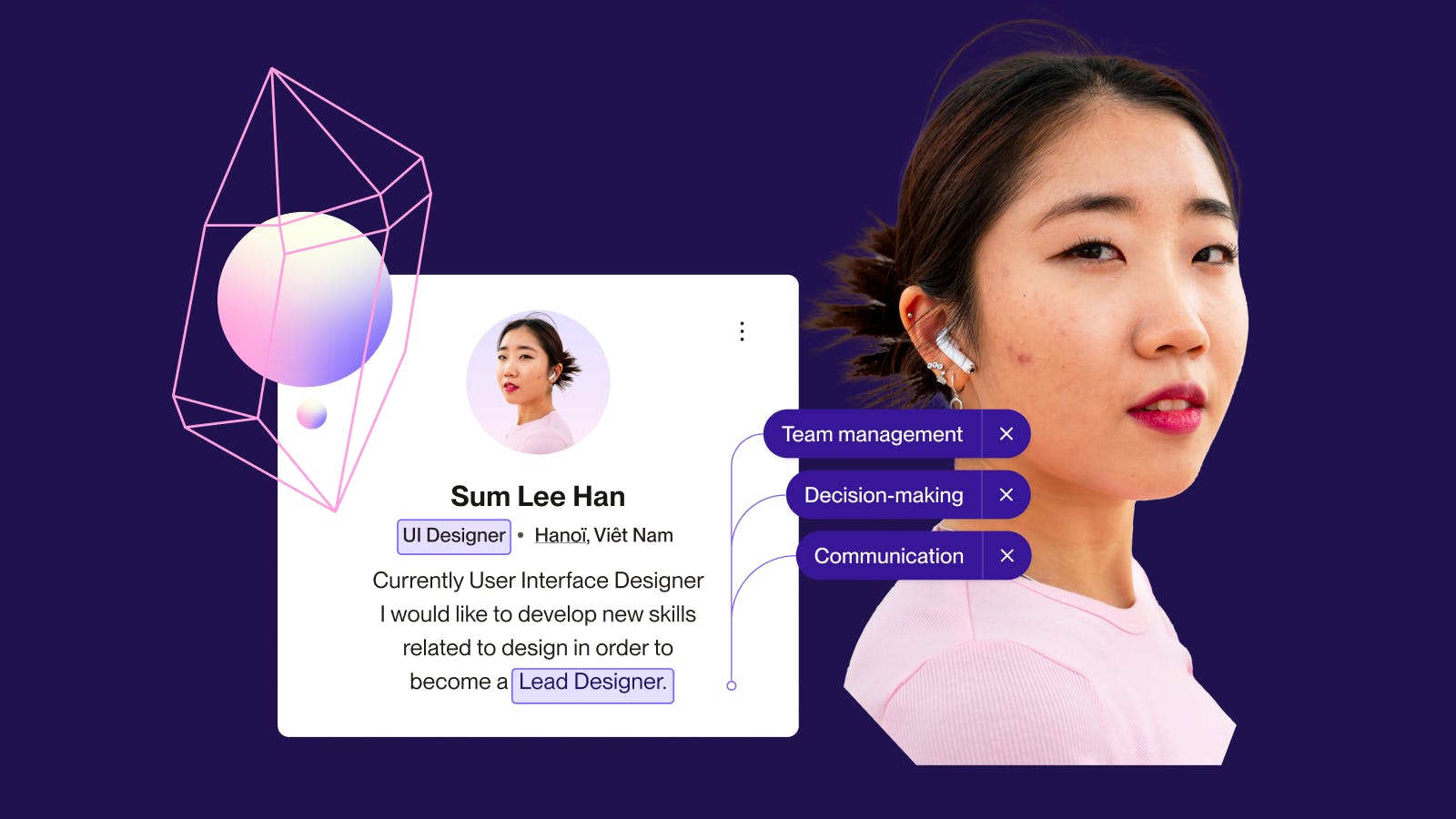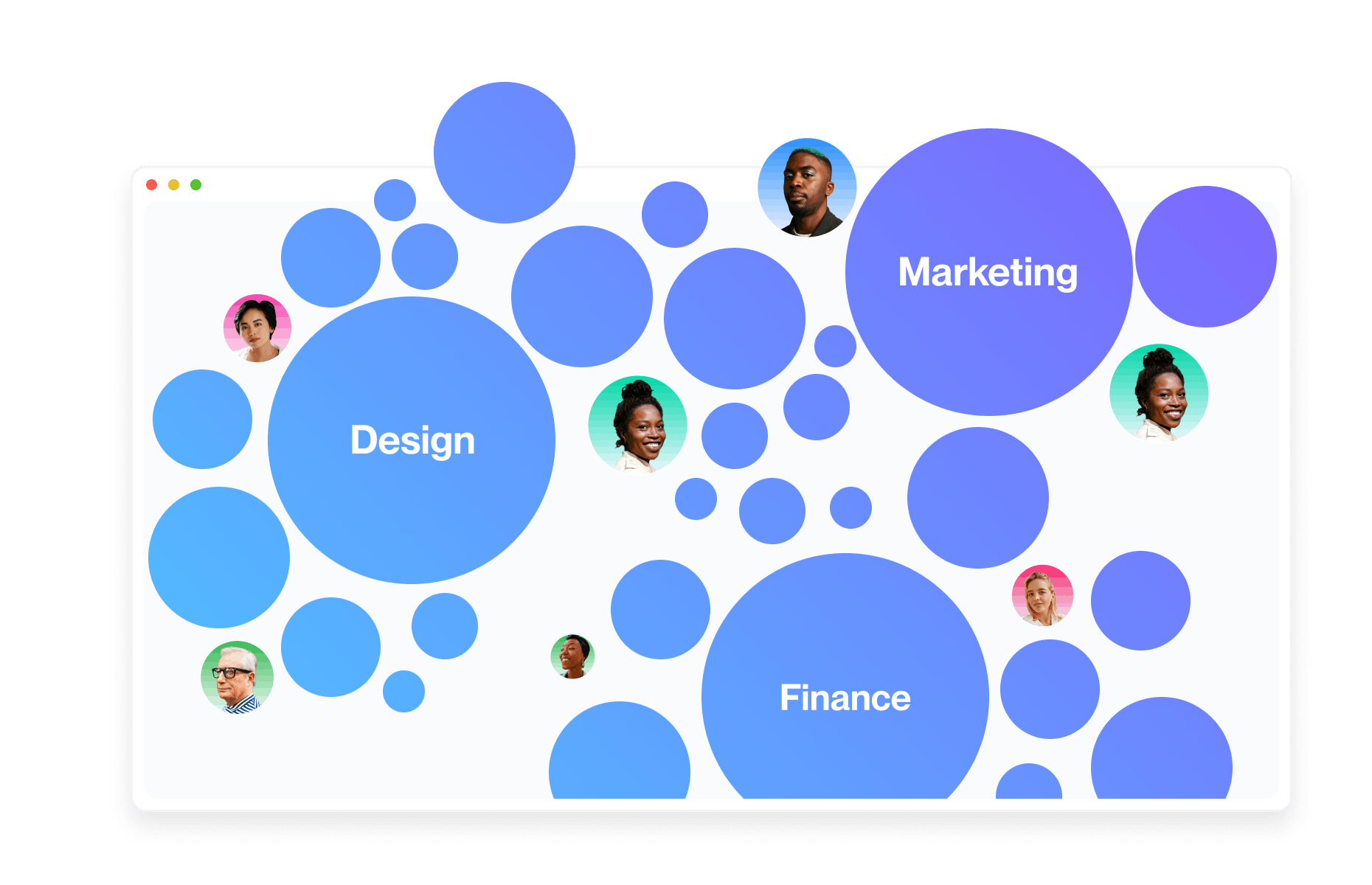Talent Management: ensuring success in today’s and tomorrow’s world of work

Talent management has become essential for companies in an increasingly competitive professional landscape. They seek to stand out. What is talent management, and why is it crucial in today's working world?
This article will explore the importance of talent management, its key components, and how companies can leverage it to boost their success.
Understanding Talent Management: Definition
Talent management is the strategic process of attracting, developing, motivating, and retaining the most qualified and talented employees. It is a holistic approach that goes beyond traditional human resource management. Instead, it focuses on identifying, retaining, and promoting outstanding talent within an organization.
Objectives of Talent Management:
Talent management for Human Resources ensures companies have the right people in the right roles at the right time to achieve their goals. Thus, it aims to:
- Identify Talent: Identify employees with strong potential and essential skills for the company.
- Develop Skills: Provide training and development opportunities to enhance employees' skills and knowledge.
- Motivate and Engage: Create a positive work environment that fosters motivation, engagement, and employee satisfaction.
- Retain Talent: Implement retention policies and processes to retain the best talent and lower employee replacement costs between 50% and 120%.
Why is Talent Management crucial?
Recruiting talent is good, but retaining it is even better! For this reason, Human Resources needs a well-established talent management system. It enables:
- Competitive Advantage
Companies that excel in talent management are able to adapt to a constantly evolving landscape quickly. Highly skilled teams are flexible to market changes and the dynamic requirements this brings, being capable of outpacing the competition.
- Increased Productivity
Talented employees are more likely to reach their full potential when properly managed and motivated. Effective talent management can boost productivity and improve work quality, leading to sustained innovation within the company.
- Reduced Turnover
Investing in professional development and growth strengthens employees’ loyalty to the company, reducing turnover. This is crucial to avoid costs associated with recruiting and training of new hires, which can cost up to €10,000.
- Strategic Succession Management
Talent management also allows proactive succession planning. An organization can ensure continuity and minimize disruptions during leadership changes by identifying and preparing future leaders.
Key Steps in Talent Management

Step 1: Needs Assessment
Identify the critical skills and talents your company needs. This will help achieve its strategic objectives.
Step 2: Strategic Recruitment
Recruit talents that match the required skills. Also, recruit talents that align with the company's culture and values.
Step 3: Onboarding
Ensure new hires integrate into your organization's culture, values and objectives during onboarding.
Step 4: Continuous Development (Learning & Development)
Focus on the continuous growth and improvement of each employee. Implement professional development programs, training, and mentoring to enhance their skills.
Step 5: Performance Management
Continuously define clear expectations and goals. Regularly assess your employees' progress and provide constructive feedback for constant improvement.
Step 6: Talent Retention
Retain your top talents and maintain the critical skills needed for the company. Identify key employees and implement retention policies, including career progression opportunities, competitive benefits, and a positive work environment.
Different Approaches to Talent Management

Talent management approaches are strategies or methodologies for attracting, developing, retaining, and placing employees in roles that align with their skills, preferences, and the company's needs. Some examples include:
- High-potential employee development approach: Focuses on identifying and developing employees with the potential for leadership or key roles with significant responsibilities in the future.
- Performance-centric talent management approach: Puts employee performance at the center, focusing on improving and measuring team performance through tools like performance evaluations and reward mechanisms.
- Agile talent management approach: Emphasizes flexibility and adaptability, responding quickly to the company's evolving needs. This approach ensures that talent management processes and strategies can evolve accordingly.
- Skills-based talent management approach: Concentrates on identifying the essential skills (knowledge, abilities, behaviors) required for reaching success in different roles. Once identified, these skills guide recruitment, development, opportunities, and performance evaluations.
- Integrated talent management approach: Based on the idea that all elements of talent management, from recruitment to succession planning, are interconnected and cannot be separated nor addressed individually. It provides a unified strategy for talent rather than compartmentalized HR functions.
Each approach has its advantages and inconvenients. To achieve the best strategy, we recommend combining elements from multiple approaches on top of considering each organization's unique needs, goals, and resources.
At 365Talents, we place skills data at the core of our solution. We believe employees have hidden competencies that can prove to be crucial for your company. By viewing your teams through the lens of their competencies, new opportunities open up, facilitating the development of your talent's skills and the improvement of performance company-wide.
With our agile method, predicting the skills your employees will need in the future will become easier. We will help you shape your talent management by viewing all stages of your employee journey holistically rather than in isolation. You’ll also be able to integrate your existing HR tech stack in order to create a comprehensive, dynamic, and real-time talent experience.
Consider 365Talents as a skills control tower: it integrates into your suite of solutions, boosts all your HR projects with competency data, and allows you to increase the adoption rate of your HR projects, making every launch a success.
All these approaches are complementary and present in our solutions!








Talent Management tools and HR software:
A good talent management strategy is essential, but having the tools to facilitate and ensure its success is indispensable! Numerous tools and software have been developed to ease this process.
Here are some commonly used HR tools in talent management:
- Applicant Tracking Systems (ATS) manage the recruitment process. They trail candidates from the initial stage to hiring.
- Performance Management Systems track employees’ goals. They evaluate their performance and provide feedback to promote their professional growth.
- Training Management Software facilitates the creation and management of training programs for employees. It allows them to acquire new skills and develop professionally.
- Talent Management Softwares are integrated platforms. They provide an overview of talent management processes, including recruitment, development, retention, and succession planning.
- 360 Evaluation Systems collect information from various sources. It’s used to assess an employee's performance and skills, including feedback from colleagues, supervisors, and subordinates.
- Compensation and Rewards Systems manage employee compensation and the implementation of reward programs based on performance and results.
- Succession Planning Systems identify talented employees and plan their progression within the company. It ensures qualified professionals always fill key positions.
- Collaboration Platforms encourage employees to team up and communicate. They promote knowledge exchange and internal networking.
How to choose the right tool
The HR tools and software market has seen tremendous growth in the last five years. With so many options available, how do you choose the right vendor? To make this decision, consider the following three questions:
- What are the HR challenges I want to address?
- What are my goals?
- What budget can I allocate?
You may want to choose an all-in-one talent management solution based on your answers, covering recruitment, talent experience, and offboarding. Alternatively, you can select a specialized solution that integrates with your existing and implemented HR toolset.
The first option may seem more accessible, but it doesn’t guarantee effective tailoring for your needs. On the other hand, the second option can be more personalized and customizable, allowing you to choose a system that is fully aligned with your goals.

365Talents offers a personalized skills-centric talent experience that engages your employees throughout your company's growth. We enable your collaborators to take control of their development by giving them the opportunity to declare their skills, experiences and ambitions in over 50 languages while increasing the visibility of career opportunities within your organization, such as training, projects, or mobilities.
Stay one step ahead of market needs with individual skills gaps analysis, smart development suggestions, and workforce intelligence. This will give you the power to implement an agile culture and will allow you to make data-driven and strategic decisions to face today’s dynamic landscape.
Transform your mobility into an agile career culture with our Talent Marketplace solution! We increase the pool of qualified internal candidates for vacant positions by providing smart suggestions to the best profiles.
Learn more about 365Talents’ Talent Marketplace here.








Talent management is more than just human resource management. It is a strategic approach that can transform a company into an invaluable competitive force. By investing in talent recruitment, development, and retention, organizations can boost their long-term success, adapt to market changes, and ensure sustainability.
Talent management is an essential investment if you want your company to thrive in an ever-changing world. Fortunately, optimal talent management is integral to our solutions at 365Talents. You can engage, retain, and develop your talents by offering them available internal opportunities. Request your demo today to learn more!


Discover 365Talents' Skills Management Guide
Read on and discover the power of skills management and how 365Talents can empower your organization to reach success.






